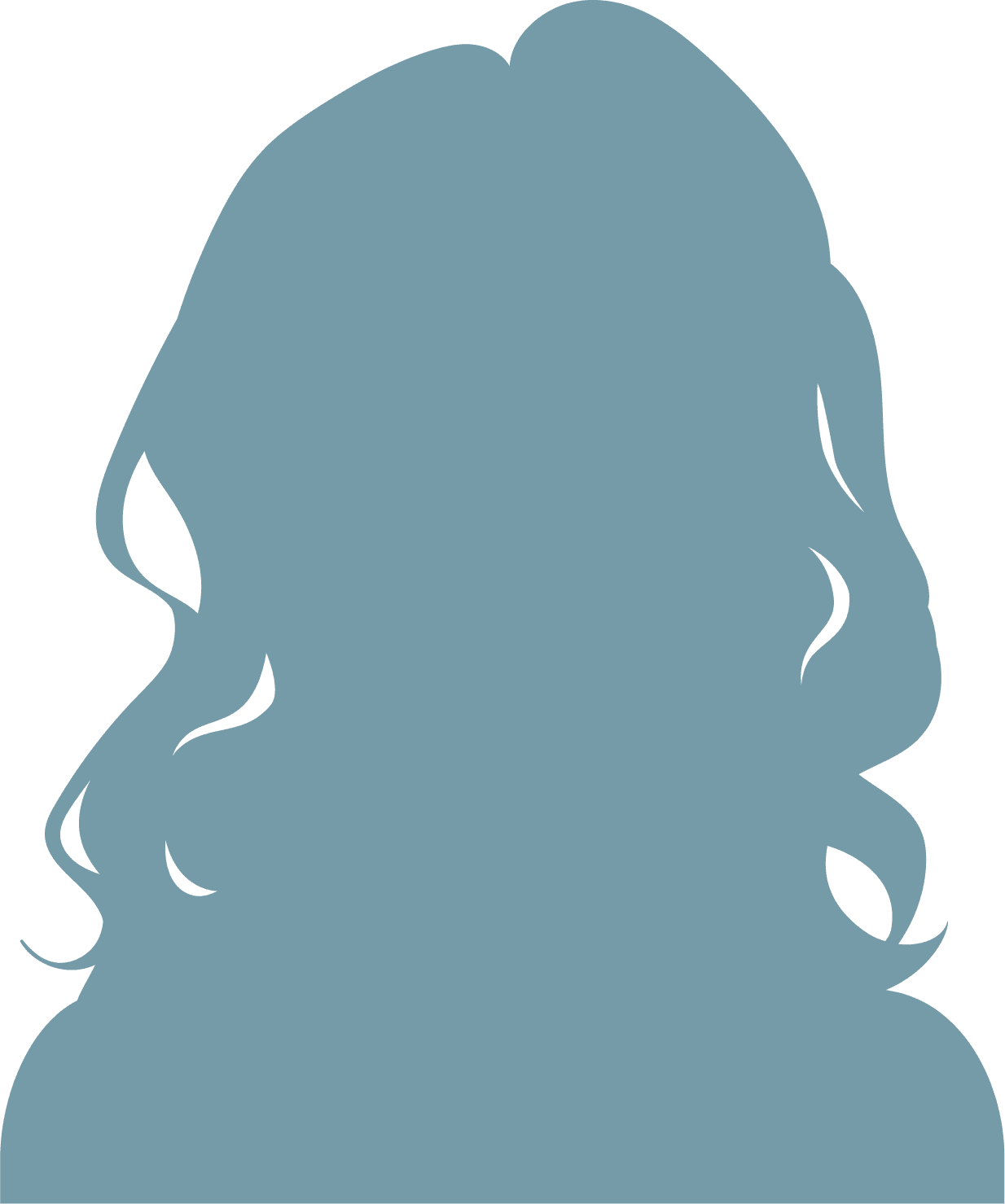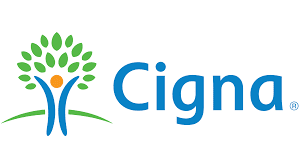Who We Treat
Those who feel like they’re falling and there’s nothing to grab on to.
Patient Portraits
Have you ever thought?
I can’t think straight.
I can’t calm down.
I can’t sleep.
I can’t see how it’s going to get better.
Have you ever wondered?
Why do I feel so awful?
Am I physically ill?
What good would meds or therapy do?
Will I ever feel better?

Whether you’re in therapy or seeking care for the first time.
WE CAN HELP
At IOP Services, we provide supplemental, intensive care. That means, we don’t want you to stop seeing your regular therapist or psychiatrist. In fact, we recommend clinicians to patients without one.
We’re here for reinforcement. We help individuals suffering from serious pain or mental health disorders receive the extra care they need, without substantial disruptions to their lives.
Learn MoreThe Schedule
9 Hours Per Week
3 Sessions Per Week. 3 Hours Per Session.
Morning, afternoon, and evening sessions are available on alternating days.
The Setting
Both In-Person and Virtual Sessions
Patients can choose the setting they prefer based on their comfort level and practical considerations.
The Format
Group Therapy w/ Individual Evaluations
Standard IOP sessions are conducted in groups, as this format is proven to be most effective. Our patients also periodically meet one-on-one with our clinicians to evaluate progress and make treatment recommendations.









